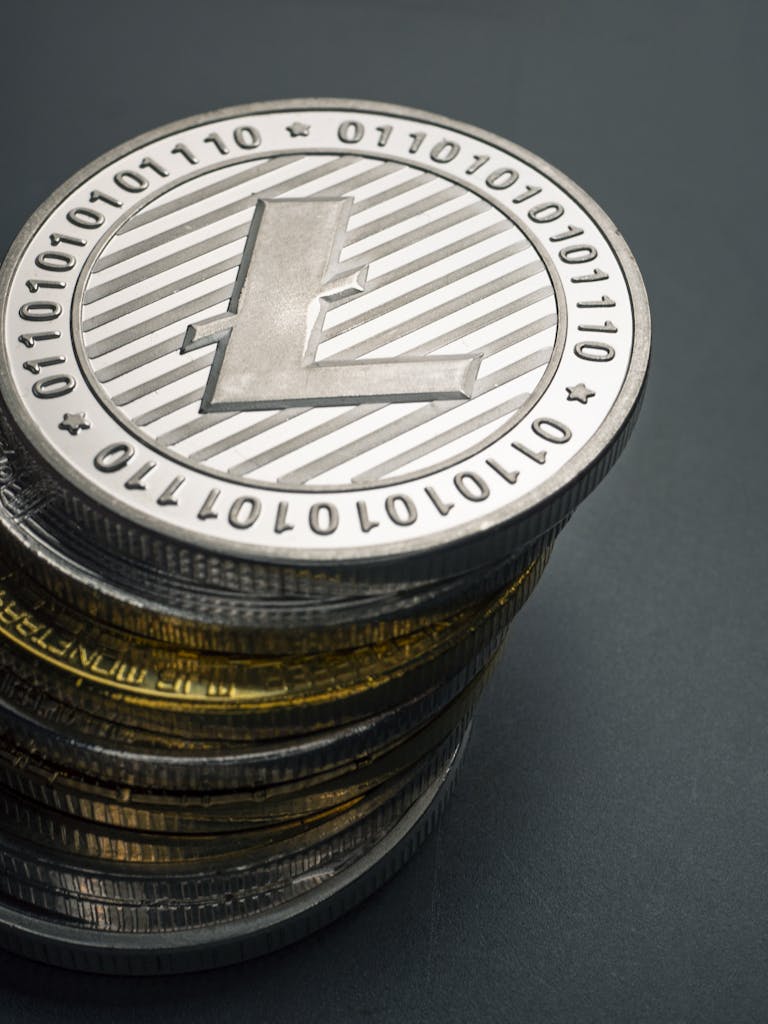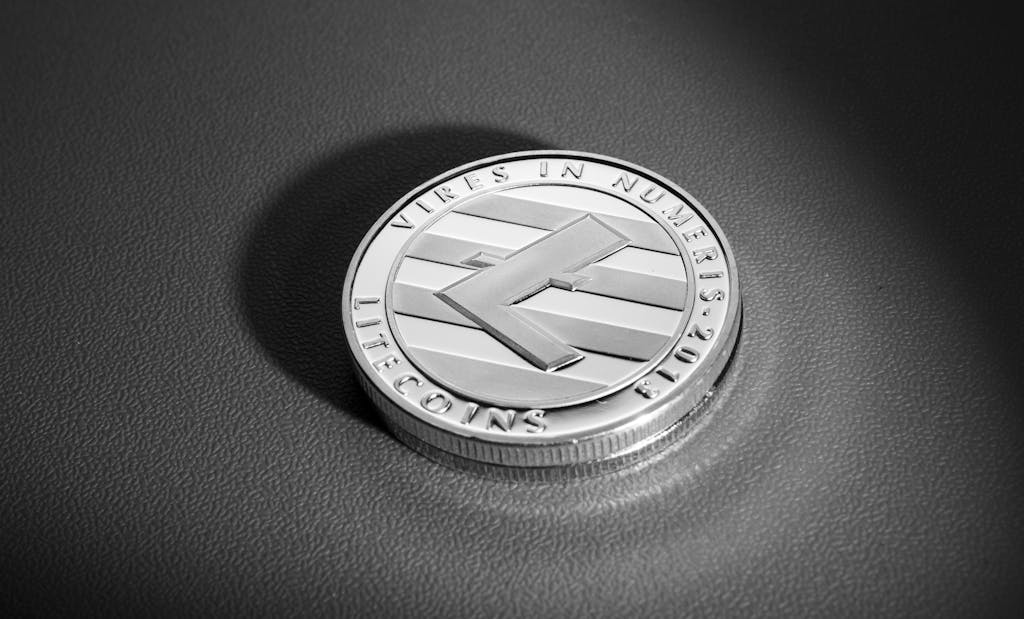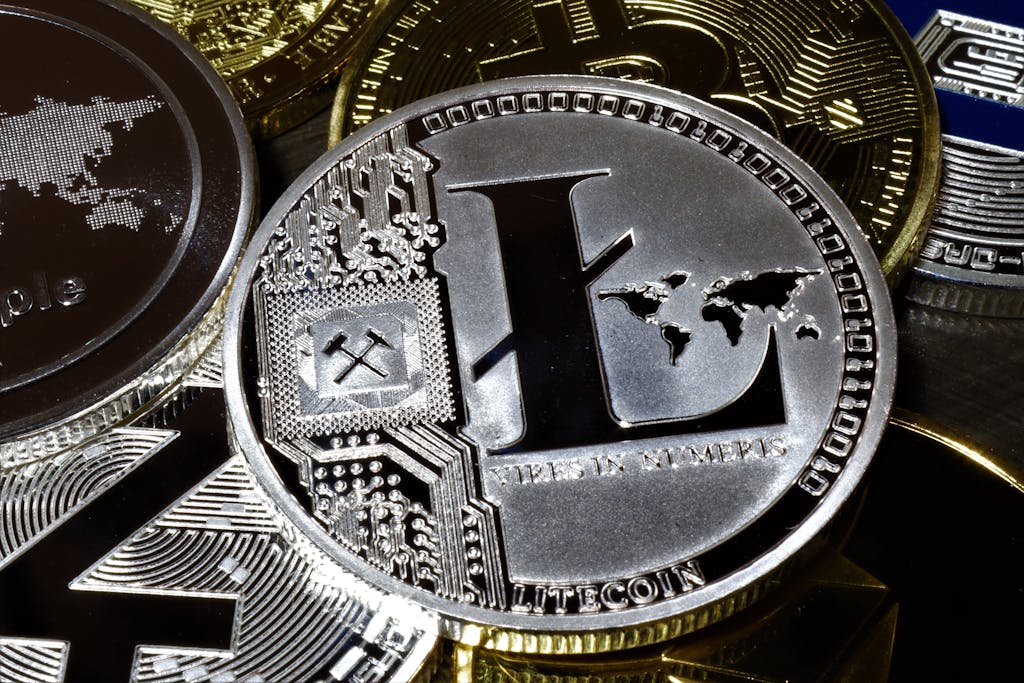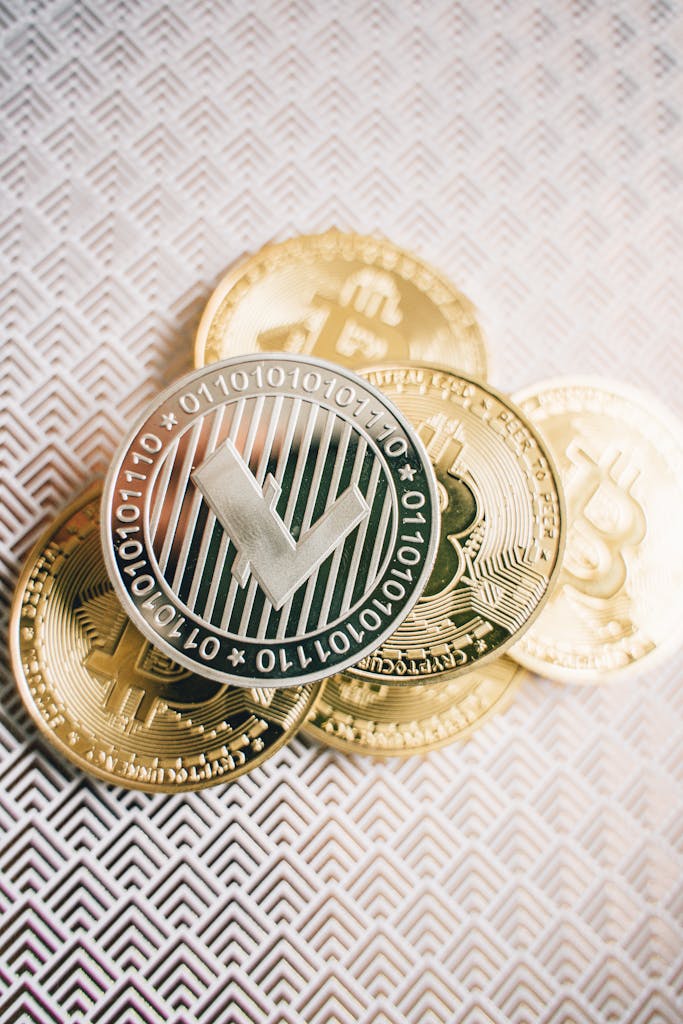Miners play a crucial role in Litecoin’s decentralized system by validating transactions, securing the network, and adding new blocks to the blockchain. The key responsibilities of miners in Litecoin’s ecosystem include:
- Transaction Validation: Miners verify and validate transactions on the Litecoin blockchain by solving complex mathematical problems using computational power. This process ensures the integrity and accuracy of transactions, preventing double spending and maintaining the security of the network.
- Block Addition: Miners compete to solve these mathematical problems and add new blocks of verified transactions to the blockchain. Each block contains a set of transactions, and once added to the blockchain, it becomes a permanent and transparent record of all transactions on the network.
- Network Security: By participating in the mining process, miners contribute to the overall security of the Litecoin network. Their computational efforts help prevent fraudulent activities and ensure that transactions are processed accurately and securely.
- Block Rewards: Miners are incentivized for their efforts with block rewards in the form of newly minted Litecoins. The first miner to successfully solve the mathematical problem and add a block to the blockchain receives these rewards, encouraging participation and maintaining the network’s functionality.
- Decentralization: Litecoin’s mining process, particularly with the Scrypt algorithm, aims to promote decentralization by making it more accessible for individual miners compared to specialized hardware. This decentralized approach enhances the network’s security and resilience against centralized control.
In summary, miners in Litecoin’s decentralized system play a vital role in validating transactions, securing the network, adding new blocks to the blockchain, maintaining network integrity, and contributing to the decentralization of the mining process. Their efforts ensure the smooth operation and trustworthiness of the Litecoin network.



